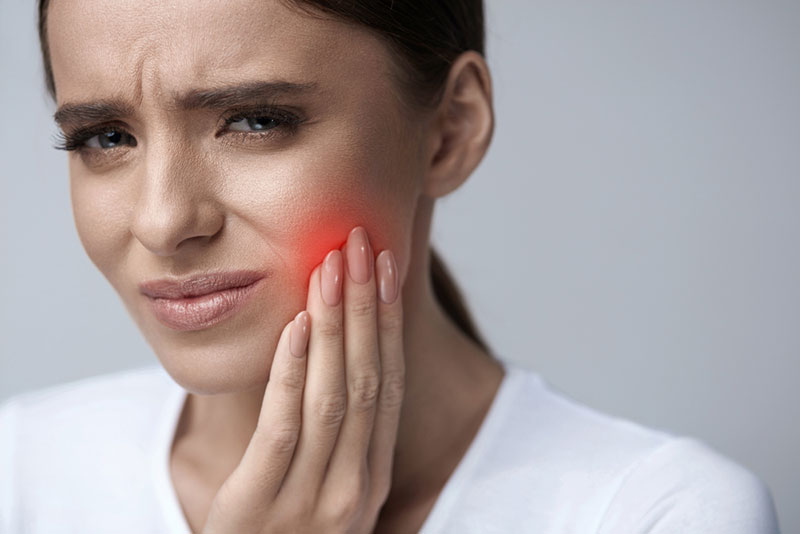
I had a horrible toothache for about 5 months and finally went to the dentist. Well, I went to an emergency dentist because I don’t have a regular dentist. She said that I had an abscess but she couldn’t get me numb to get the tooth out. I have antibiotics and another appointment late next week. I am worried that she won’t be able to get the tooth out even if she can get me numb. Should I expect complications while getting an abscessed tooth pulled? – Janele
Janele – An abscess is a pocket of pus caused by an infection. A tooth abscess occurs in or around a tooth root. It may or may not be painful.
If a tooth is injured, has a cavity, or experiences trauma, an infection can occur. When the pulp, or soft tissue inside the tooth, becomes infected and inflamed, the infection can spread to the tooth root, and an abscess will form.
Properly Treating an Abscessed Tooth
Instead of extracting an infected tooth, an abscess is commonly treated with a root canal treatment. The infection is removed from the tooth, the space is filled with a special dental filler material, and the tooth is sealed. A dental crown may be required to protect the tooth.
On rare occasions, root canal treatment isn’t enough to save your tooth, and endodontic surgery is required. A specialist can locate hidden canals in your tooth that may still harbor the infection. He or she will determine which methods are best to preserve your tooth.
And that’s the goal—tooth preservation. Based on the information you provided us, we don’t understand why there are plans to extract your tooth. We recommend that you receive a second opinion from an experienced dentist who will examine, and likely x-ray your tooth, to determine the best treatment.
Extracting a tooth leads to other issues, including bone shrinkage in the area of the missing tooth, adjacent teeth start to drift into the position of the missing one, and your bite may be affected and eventually cause jaw and facial pain. When a tooth is extracted, for optimum oral health, it will need to be replaced. No form of tooth replacement is as good as a natural tooth.
You would benefit if you take the time to receive a second opinion to find out if your tooth can be preserved.
This post is sponsored by Naperville Dental Specialists.
































